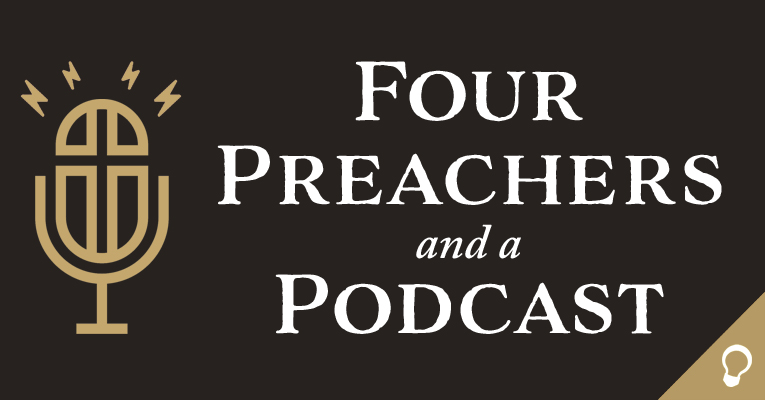
Podcast: Play in new window | Download
Host: Andrew Crowe | Released Thursday, March 24, 2022
Come ye yourselves apart into a desert place, and rest a while: for there were many coming and going, and they had no leisure so much as to eat. (Mar 6:31) o What can we learn from this? · There are times in which we need to disconnect from our work. o We live in a world where our jobs are literally at our fingertips. Work computers at home, cell phones, tablets, and other devices keep our jobs literally on us at all times. o We might feel the need to be always present for work. We might feel pressured to be always present. Why? The general idea is that we get more done but is that a reality? § In an article for the Harvard Business Review, Sarah Green Carmichael pointed to a study done by Erin Reid. The study showed no connection between working long hours and greater performance at work. In fact, the study showed those who worked 80 hours a week accomplished as much as those who pretended to work 80 hour weeks. § One paragraph which stood out to me the most: Considerable evidence shows that overwork is not just neutral — it hurts us and the companies we work for. Numerous studies by Marianna Virtanen of the Finnish Institute of Occupational Health and her colleagues (as well as other studies) have found that overwork and the resulting stress can lead to all sorts of health problems, including impaired sleep, depression, heavy drinking, diabetes, impaired memory, and heart disease. Of course, those are bad on their own. But they’re also terrible for a company’s bottom line, showing up as absenteeism, turnover, and rising health insurance costs. Even the Scroogiest of employers, who cared nothing for his employees’ well-being, should find strong evidence here that there are real, balance-sheet costs incurred when employees log crazy hours. o So, there is a precedent for our disconnecting from work at times to rest.We want to hear from you!
- Email: andrew@thelightnetwork.tv
- Voicemail: 903-26-LIGHT (903-265-4448)
Subscription Links








